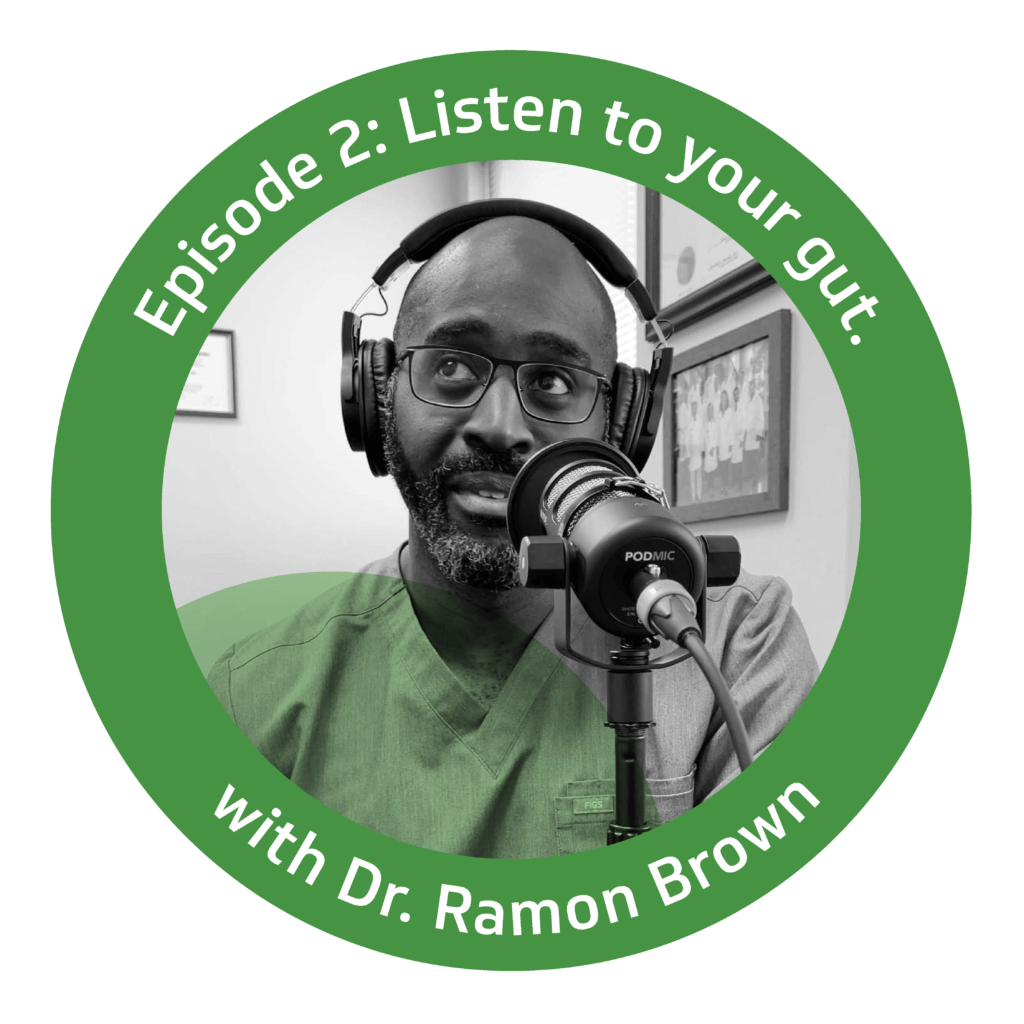If’s, And’s, & Butt’s

Let’s be honest—no one wants to have this conversation. It’s awkward, and to put it simply, it’s embarrassing and you might feel like the butt of the joke. But your digestive system can tell you so much about the rest of your health.
Your digestive system is a series of organs from your mouth to your—ahem—end that breaks up nutrients from what you eat to help your body with energy, cell repair, and growth. Consider the digestive system the fueling system for the body. It’s comprised from a series of hollow organs (esophagus, stomach, small intestine, large intestine, and anus) and solid organs (liver, pancreas, and gallbladder). Each organ plays a major part in how your body is given the nutrients it needs to keep your body moving.
When talking about your digestion being healthy or not, it’s easy to break down into your “if’s, and’s, & butt’s”. If you are dealing with these issues, and the problems are consistent…but what can you do about it? By focusing on these three components, you can feel confident your body is getting the things it needs most.
If you have:
• Blood in your stool
• Bloating or abdominal swelling
• Lower back pain
• Weakness or Fatigue
• Unexplained weight loss
• Frequent gas or cramps
• Stool is dark red or black (can indicate presence of bleeding)
For the most part, anything that feels “off” should be considered a red flag. If it makes you feel uneasy, there’s a good chance it’s something worth keeping a mental tab on.
And:
These factors have become a consistent/frequent issue, it’s time to talk to your doctor.
If your gut is telling you that what you’re experiencing isn’t normal, then you should discuss with your provider—they’ll be able to review your symptoms and help guide you towards answers.
But:
What can you do about it?
Sometimes our habits are our own worst enemy. There’s a lot of factors that go into our gut well-being, but adding a few healthier routines in your day-to-day activity can make a huge difference.
• Eat more fiber—supplements can help
• Exercise
• Drink more water
• Ask your doctor about routine health screenings based on your age, race, gender, and family history
• Cut back on alcohol or tobacco products
• Quality sleep
Feeling more adventurous? Our colorectal surgeon, Dr. Ramon Brown, suggests decreasing the amount of processed and red meats you eat.
“Decrease the amount of processed meats and red meats. I know that sounds like a thing that everybody says, but really it’s true. There are some links between those processed meats and red meats to diseases of the colon and rectum, that can be detrimental: bologna has a first name. So bologna, pepperoni, things like that. Those are things that are considered processed meats. Fresh chicken, fish, seafood, lean meats—those are things that are healthy for you to eat. I would say moderation on red meats.”
Dr. Ramon Brown, MD, FACS, FASCRS
Digestive health is an uncomfortable conversation to have, but it’s one worth having. Questions about how your body is processing? Talk to a digestive specialist today about what might make a difference for you.
Content inspired by Healthcare is Selfcare: The Podcast
Hear more from Dr. Brown on Episode 2:

How does a Colorectal Surgeon deal with being the butt of the joke? Or find his way into the profession? And even though bologna has a first name, should you be eating it regularly? Find out all this and more in Episode Two of Healthcare is Selfcare: The Podcast, as we chat with Colorectal Surgeon, Dr. Ramon Brown on the “Ifs, Ands, and Butts” of colon and rectal health.
Prefer to read? Check out the episode transcript here.
